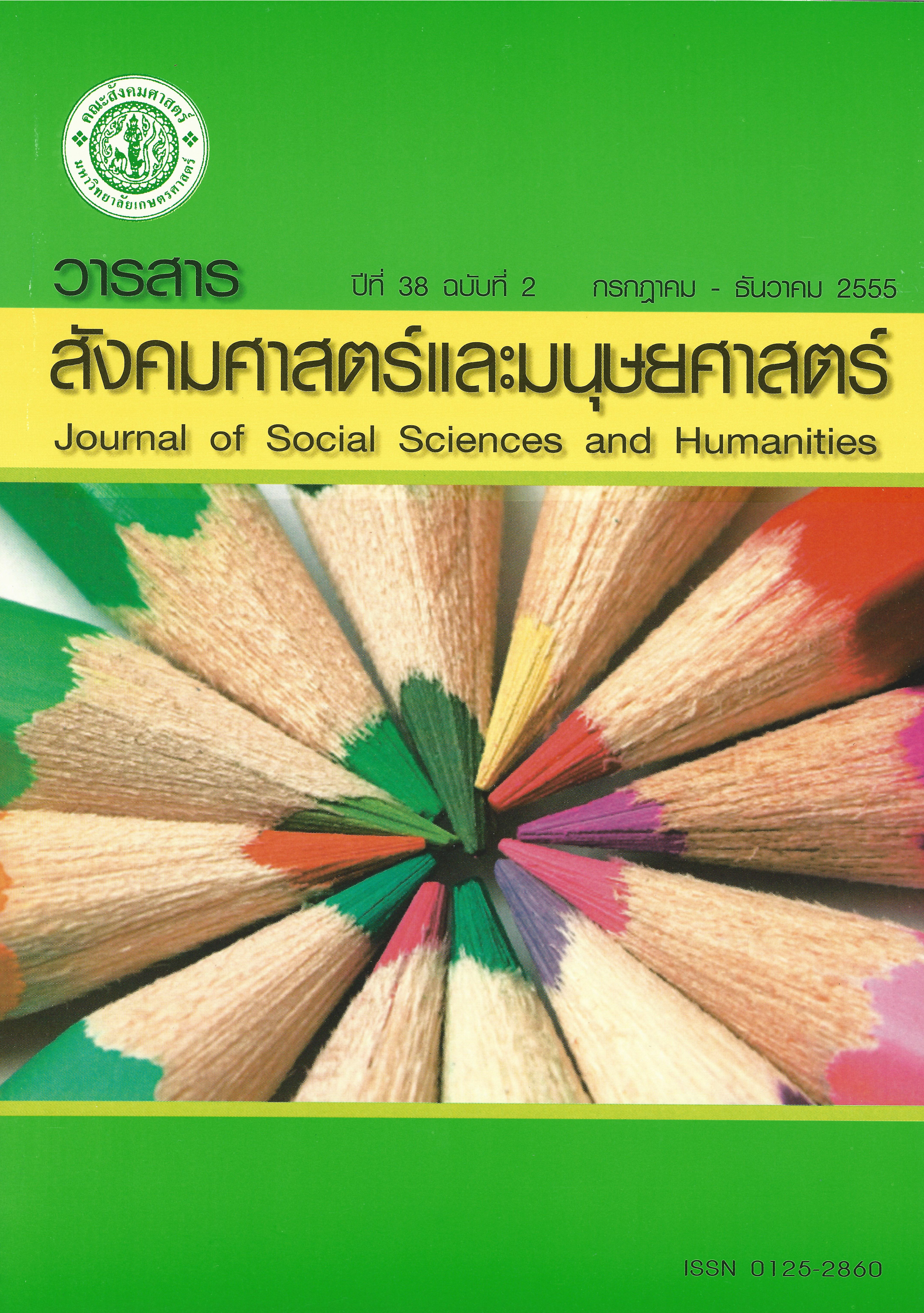ความเป็นปราชญ์ การสนับสนุนทางสังคม และความผาสุกทางใจของผู้สูงอายุ ในชมรมผู้สูงอายุวัดสารอด เขตราษฎร์บูรณะ กรุงเทพมหานคร
Main Article Content
บทคัดย่อ
การวิจัยครั้งนี้มีวัตถุประสงค์ดังนี้ 1) เพื่อศึกษาระดับความเป็นปราชญ์ ระดับการสนับสนุนทางสังคม และระดับความผาสุกทางใจของผู้สูงอายุ 2) เพื่อศึกษาเปรียบเทียบความผาสุกทางใจของผู้สูงอายุตามปัจจัยส่วนบุคคลที่แตกต่างกัน 3) เพื่อศึกษาความสัมพันธ์ระหว่างความเป็นปราชญ์กับความผาสุกทางใจของผู้สูงอายุ และ 4) เพื่อศึกษาความสัมพันธ์ระหว่างการสนับสนุนทางสังคมกับความผาสุกทางใจของผู้สูงอายุ
กลุ่มตัวอย่างเป็นสมาชิกชมรมผู้สูงอายุ จำนวน 238 คน ชักตัวอย่างแบบสุ่มอย่างง่าย เครื่องมือที่ใช้ คือ แบบสอบถาม สถิติที่ใช้ในวิเคราะห์ข้อมูล ได้แก่ สถิติพรรณนา การทดสอบแบบที การวิเคราะห์ความแปรปรวนทางเดียว ทดสอบความแตกต่างเป็นรายคู่ด้วยวิธีความแตกต่างนัยสำคัญน้อยสุดและทดสอบสมมติฐานด้วยค่าสัมประสิทธิ์สหสัมพันธ์ของเพียร์สัน
ผลการวิจัยมีข้อค้นพบดังนี้ 1) ผู้สูงอายุมีความเป็นปราชญ์ในระดับปานกลาง มีการสนับสนุนทางสังคมในระดับสูง และมีความผาสุกทางใจในระดับปานกลาง 2) ผู้สูงอายุที่มีเพศ ระดับการศึกษา และความเคร่งครัดในศาสนาแตกต่างกัน มีความผาสุกทางใจแตกต่างกัน 3) ความเป็นปราชญ์ มีความสัมพันธ์กับความผาสุกทางใจของผู้สูงอายุอย่างมีนัยสำคัญทางสถิติ และ 4) การสนับสนุนทางสังคมมีความสัมพันธ์กับความผาสุกทางใจของผู้สูงอายุอย่างมีนัยสำคัญทางสถิติ
Wisdom, Social Support and Psychological Well-being of Elderly in the Elderly Club at WatSarod Rat Burana District, Bangkok
The objectives of this study were as follows. Firstly, it aimed to study the level of wisdom, social supports and psychological well-being of the elderly. Secondly, it compared the psychological well-being of the elderly according to their personal characteristics. Thirdly, it examined the relationship between wisdom and psychological well-being of the elderly. And finally, the relationship between social supports and psychological well-being of the elderly was studied. Samples used in the study were 238 members in the elderly club at Wat Sarod. The data were collected by using questionnaires and analyzed by using the packaged statistic program. The statistical methods employed were the frequency, the percentages, the standard deviation, the t-test, the one way analysis of variance, the least significant difference method, and Pearson’s product moment correlation coefficient.
The results could be summarized as follows. First, the level of wisdom of the elderly was moderate while the social supports were high and the psychological well-being was moderate. Second, sex, level of education, and piety affected the psychological well-being. Third, wisdom was correlated with psychological well-being of the elderly and was statistically significant. And fourth, social supports were correlated with psychological well-being of the elderly which was also statistically significant.


